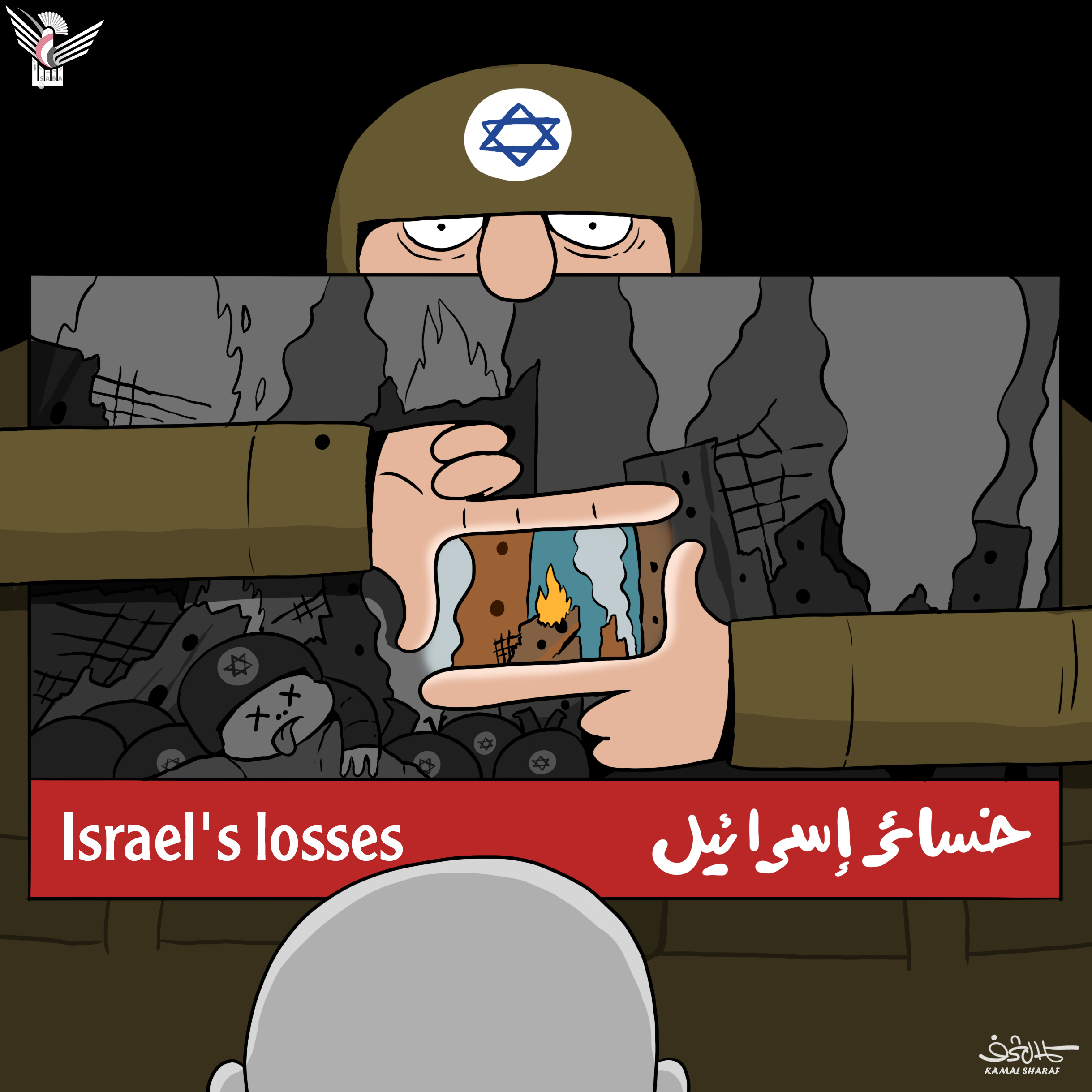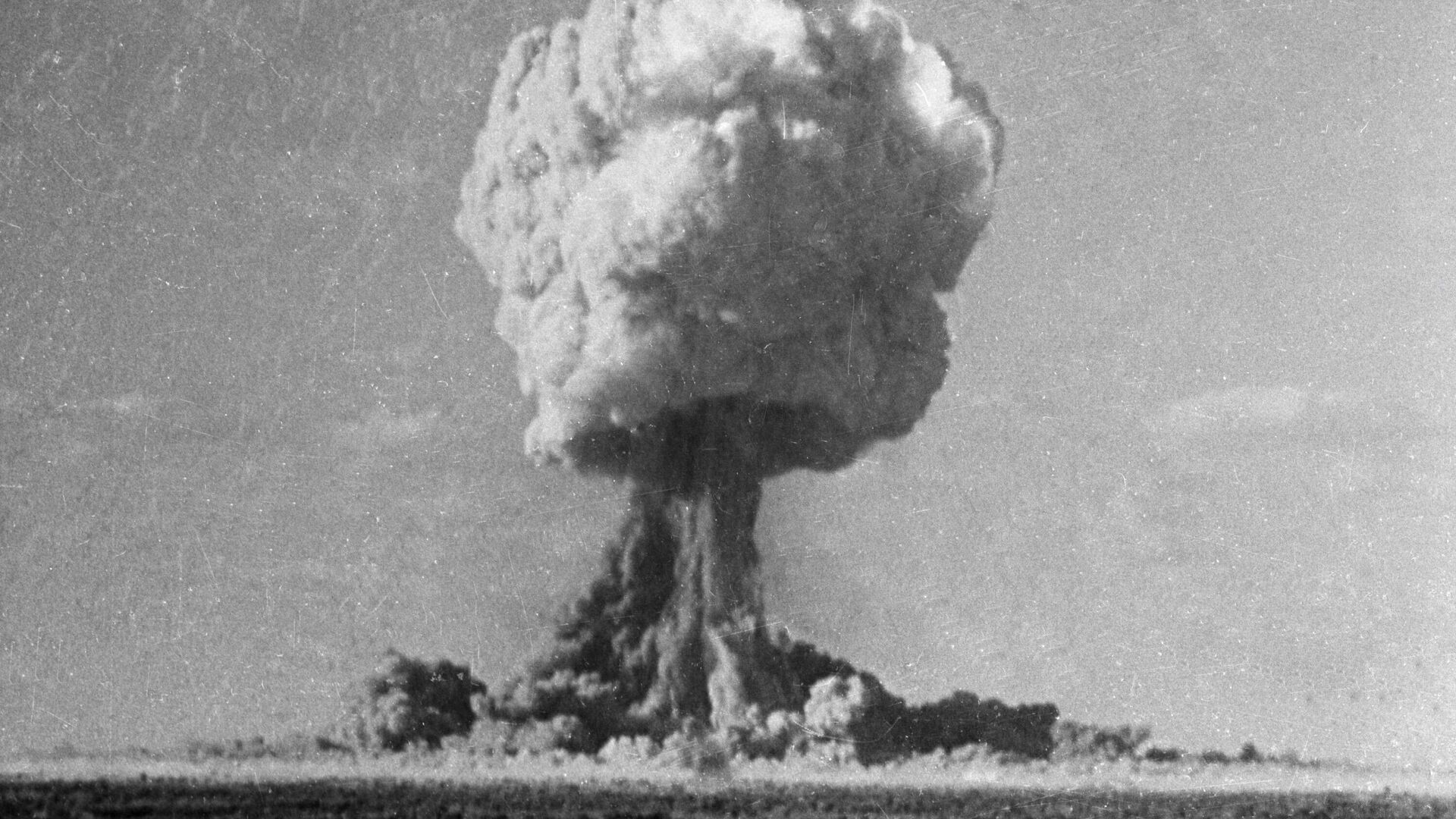Stockholm - (Saba):
A new report warns of the world sliding into a nuclear arms race that could lead to a devastating war that will ultimately lead to its end. This comes after decades of calm that saw the global nuclear arsenals significantly decline.
The report, issued by the Stockholm International Peace Research Institute (SIPRI), is part of its 2025 Yearbook, released Monday. It warns of the emergence of a new nuclear arms race more dangerous than the Cold War era.
The report notes that these warnings coincide with a significant erosion of arms control regimes and a lack of understanding between the major powers possessing these nuclear weapons.
According to the report, nine nuclear-weapon states, including the United States, Russia, and China, continued to modernize and expand their nuclear arsenals in 2024, bringing the total number of nuclear warheads globally to 12,241, including 9,614 immediately usable warheads and 2,100 on "high alert" on ballistic missiles. The report indicated that the trend toward nuclear arms reduction that has prevailed since the end of the Cold War has now reversed, amid nuclear escalation and an increase in the number of nuclear warheads deployed by nuclear-weapon states and by states hosting those weapons under bilateral agreements with nuclear-weapon states.
Russia and the United States possess approximately 90 percent of the world's nuclear weapons and are poised to expand their arsenals in the absence of new agreements after the New START treaty expires in February 2026.
The institute noted that technological advances in artificial intelligence, space, and missile defense are reshaping the concept of nuclear deterrence and increasing the risk of an unintended nuclear conflict due to a technical error or a hasty decision.
The report also warned of an increasing number of states considering developing or hosting nuclear weapons, particularly in East Asia, the Middle East, and Europe, amid waning confidence in traditional security guarantees.
The report concluded with a warning that "nuclear weapons do not guarantee security," noting that the new arms race brings more risks and divisions and undermines already deteriorating global stability.
There are nine nuclear weapons states in the world, five of which officially acknowledge their possession of nuclear weapons: Russia, the United States, China, the United Kingdom, and France. Four other states possess nuclear weapons but do not officially acknowledge their possession: Israel, Pakistan, India, and North Korea.
Nuclear weapons have posed an unprecedented threat since their emergence at the end of World War II and their use by the US military to bomb Japan, causing an unprecedented humanitarian catastrophe whose effects are still felt today.

| more of (International) |




